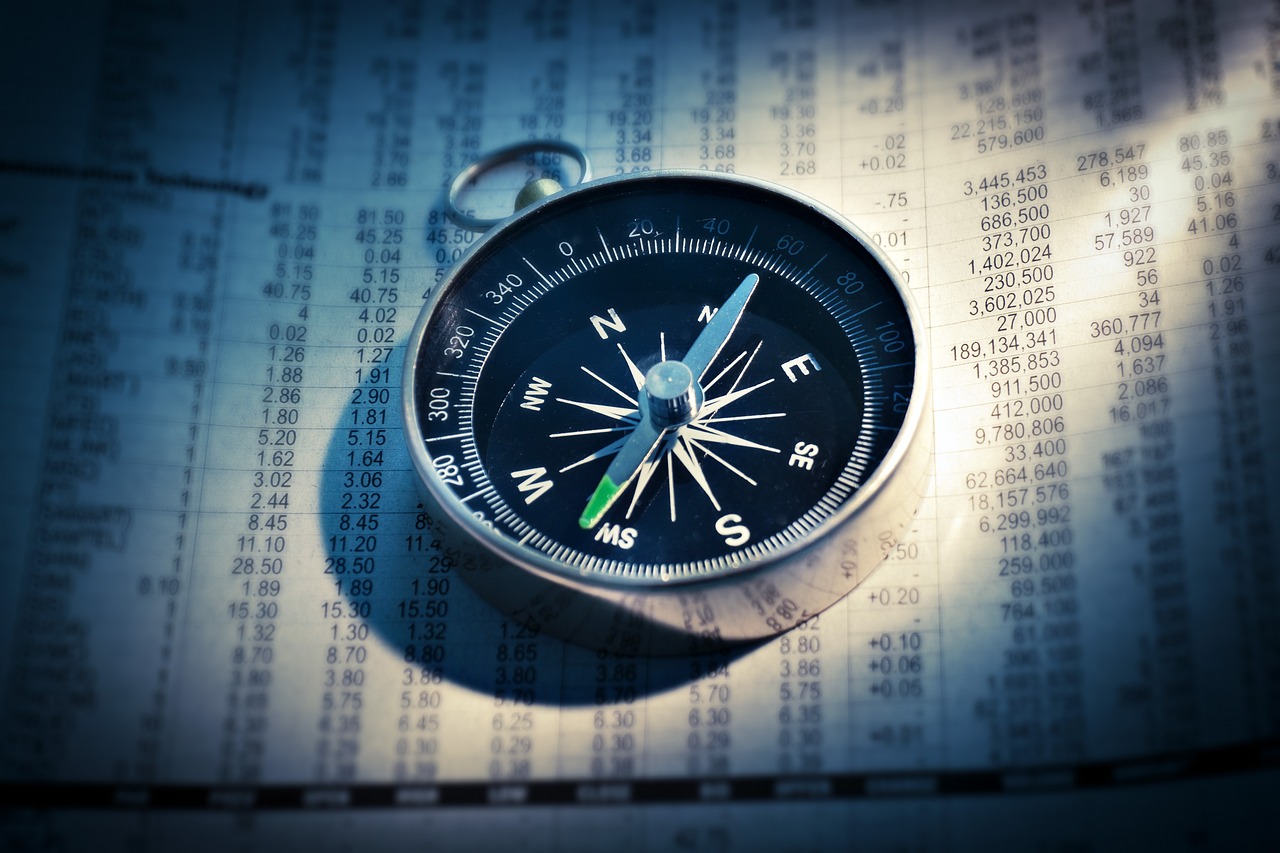In a promising sign for the world economy, global markets are witnessing a robust resurgence, marked by a significant uptick in international trade and a surge in investments across various sectors. As the global economy continues to recover from the challenges posed by the COVID-19 pandemic, economists and analysts are increasingly optimistic about the trajectory of growth.
Key indicators highlighting this economic revival include:
- Record-Breaking Trade Volumes: International trade has rebounded strongly, with many countries reporting record-breaking export figures. Supply chains have largely normalized, and consumer demand for goods and services remains strong.
- Investment Boom: Governments and private investors are pouring funds into infrastructure projects, technology startups, and sustainable initiatives. This investment surge is seen as a catalyst for job creation and economic expansion.
- Job Market Improvements: Falling unemployment rates in several major economies, coupled with rising wages, are bolstering consumer confidence and driving increased spending.
- Stable Inflation: Inflation, a major concern in the early stages of recovery, appears to be stabilizing in many regions, easing fears of runaway price increases.
- Tech Innovation: The technology sector continues to thrive, with breakthroughs in artificial intelligence, renewable energy, and digital currencies driving economic growth and reshaping industries.
Global economic leaders have attributed these positive developments to a combination of factors, including effective vaccination campaigns, continued stimulus measures, and a concerted effort to adapt to the post-pandemic economic landscape.
Christine Lagarde, Managing Director of the International Monetary Fund (IMF), commented on the current economic climate, stating, «The world economy is on a path to recovery, but challenges remain. It is crucial that we maintain our commitment to cooperation and sustainable economic policies to ensure the resilience of our global financial system.»
However, experts caution that risks such as supply chain disruptions, geopolitical tensions, and the potential for new variants of the virus still pose threats to the fragile recovery. Additionally, concerns about income inequality and the long-term implications of increased government debt are being closely monitored.
Central banks are expected to play a pivotal role in guiding monetary policy to balance economic growth with inflation control. Governments are also considering measures to address the widening wealth gap and promote equitable prosperity.
As the global economy continues its upward trajectory, stakeholders are reminded of the importance of responsible and sustainable economic practices to ensure a more resilient and inclusive future. The international community will be watching closely as governments and institutions navigate the complexities of post-pandemic economic recovery.















